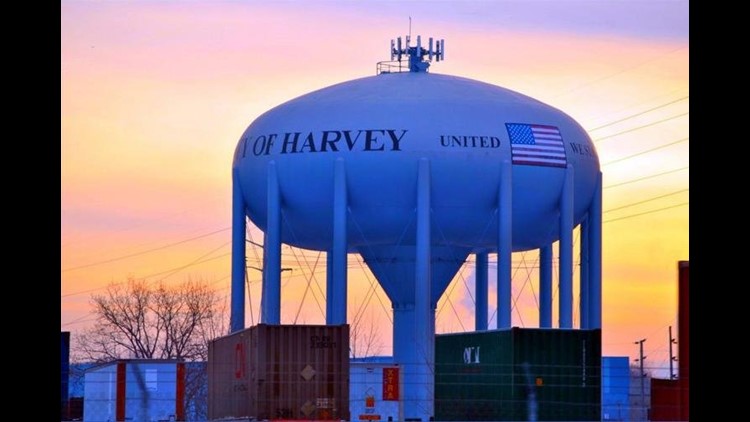(INN) – Some Illinois towns could lose broad home rule taxing authority as the state’s population continues to decline, a possibility that could ease local taxes and further squeeze municipal budgets.
U.S. Census numbers released Thursday show the population of Freeport, Collinsville and Harvey fell below 25,000. That’s the threshold for automatic home-rule status.
In 2010, Freeport had 25,638 residents. Now, it has an estimated 24,091 people. The city of Collinsville became home-rule by special census in 2005. Its population has declined to 24,703, according to new Census estimates. Harvey had 25,282 residents in its borders in 2010. Now, there are 24,908.
Home rule authority gives local elected officials expanded powers for self-government, including the ability to raise certain taxes and issue debt without voter approval.
“It’s a broad power,” Citizen Advocacy Center lawyer Ben Silver said. “It gives them additional taxing powers and additional control over most areas that the state has not reserved for itself.”
Unless those cities persuade more people to move in by 2020, they’ll have to place a question on the ballot in November 2022 asking voters if they want to retain home rule status.
“The big thing that you lose is the ability to tax at higher-than-tax-cap rates,” said Stewart Diamond, partner with Chicago-based law firm Ancel Glink and author of the Illinois Municipal Handbook, the instruction manual for running a town in Illinois.
Taxes and fees levied by the city under home-rule authority would be rolled back en-masse as soon as the referendum saying so is certified, Diamond said. The exception would be taxes levied to pay bonds, like those referenced in a recent court decision on Harvey’s debt.
Harvey would be in an especially precarious situation should it lose future taxing ability, Diamond said. That’s because Harvey is essentially insolvent and Illinois doesn’t offer a way for municipalities to restructure debt.
Harvey has been teetering on insolvency since the state comptroller garnished income tax funds on behalf of municipal pension boards that claim the city owes them millions of dollars. The city laid off dozens of police officers and firefighters as a result. The median home there is taxed at more than 10 percent of its value.
“To undermine what has been a source of revenue for a municipality could have disastrous budgetary consequences,” attorney and municipal law expert Brad Stewart with the Zukowski, Rogers, Flood & McArdle law firm in Crystal Lake said.
Just because a municipality would lose its home-rule status doesn’t mean taxes would instantly drop and remain lower.
“Most home rule communities I work with have had no rate increases for several years,” Stewart said. “It’s easy to say that home-rule adversely impacts taxes locally, but a deeper exploration into the operations of any local government would show that it’s not a correlation between higher taxes and home rule.”
Six cities, including these three, are within 1,000 people of falling below the home-rule threshold. One notable population slide toward the threshold is Kankakee, which has lost more than 1,300 people since 2010 and is now at 26,216 residents.



